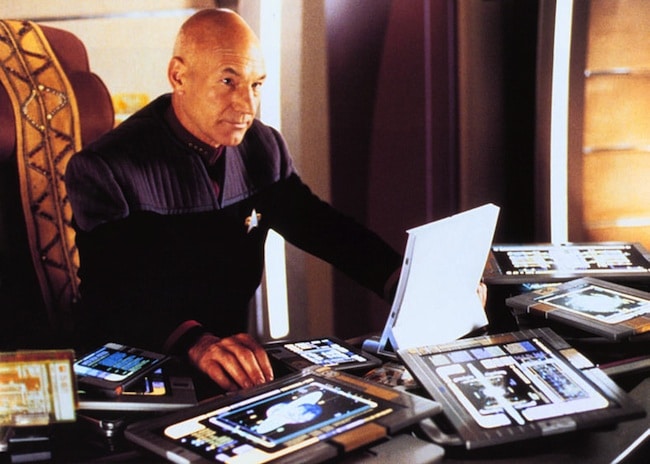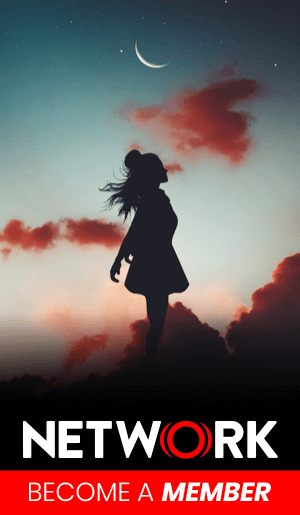
A new study released this year shows how people's attention spans have plummeted but what does this mean for film marketing?
According to the study conducted by Microsoft to assess attention spans across digital devices, our ability to multi-task has improved however average attention spans have fallen to 8 seconds, 1 second behind a goldfish. Back in 2000 this average was 12 seconds.
As we consume more content faster and across devices we are becoming less attentive to the messages we receive. Think of it as having multiple browser windows open, and you're trying to acknowledge all the info on each. Your brain simply can't give equal attention to each window. Going back a few years, our computers were slower, content was produced less frequently, and social media wasn't so saturated. We also didn't use multiple devices to access content or discover it.
In 2015 we are being hounded by multiple layers of advertising from banners to video pre-rolls to native ads. With so much content being looked at in shorter time periods, we're finding it harder to retain the info, let alone remember it.
Here's a simple test. If you are a regular news reader, can you remember what articles you read this morning, let alone an hour ago? There is so much information coming through that although people are receiving it, they are switching off quicker, and often not even retaining that information without repetitive reminders.
Billboards, radio, video and TV advertising is simply not enough to get us to take action. For filmmakers, plummeting attention spans mean that the whole marketing mix has to be a much longer, more in-depth process where users should be introduced to content regularly and over a period of time, not just in short bursts.
In our digital world, it's going to be a lot harder to market to people's ever decreasing ability to retain and even remember the messages of advertising. Sure, we can watch a trailer and get excited about a film, but if there is nothing to back it, nothing to continue that story, in 24 hours we're going to be bombarded by hundreds of other pieces of content and that trailer will be long forgotten. In fact, do you even make it to the end of a trailer these days without checking an email, going back to Facebook or having some form of disruption to you viewing it?





















